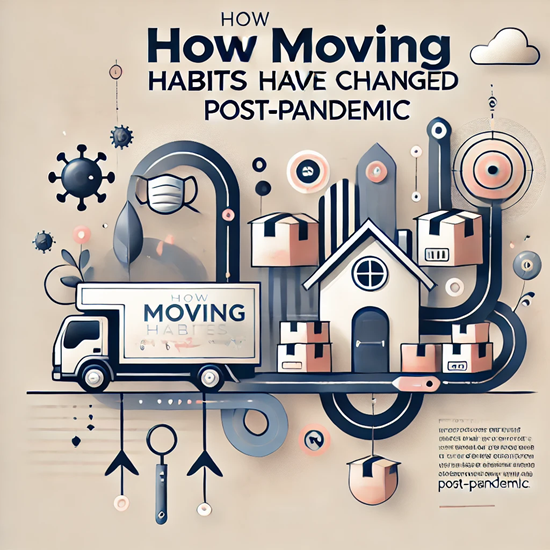
Published on 06/20/2024
Published on 06/20/2024
Considering a move? You’ve likely pondered the upsides—new employment opportunities, a larger residence, more affordable housing, and additional benefits. However, are you aware of the hidden expenses? Relocating costs can unexpectedly dent your wallet, not just through your mortgage or real estate taxes, but also through the moving process itself. Managing your finances carefully is crucial, as unforeseen costs can surpass expectations. Discover how moving expenses impact your finances and ways to financially prepare for upcoming changes. This moving terms glossary will help you navigate the financial aspects of your move.
 Top 10 Challenges During a Move and How to Overcome Them
Top 10 Challenges During a Move and How to Overcome Them
Discover top moving challenges and learn practical tips to overcome moving obstacles. Moving tips and solutions for a stress-free move.
Read more The State of the Moving Industry: Trends and Predictions for 2024
The State of the Moving Industry: Trends and Predictions for 2024
Stay ahead of the curve in the moving industry, find out about the latest trends, emerging technologies, and predictions for moving in 2024.
Read more How Moving Habits Have Changed Post-Pandemic
How Moving Habits Have Changed Post-Pandemic
Explore how moving habits have changed post-pandemic, with insights on moving trends after COVID-19. Discover the shifts in moving post-pandemic as remote work and lifestyle choices reshape the industry.
Read more